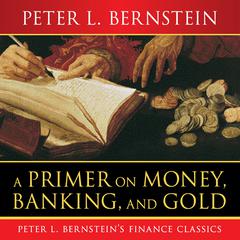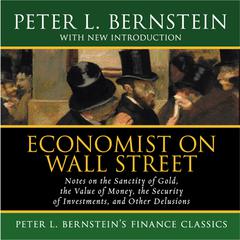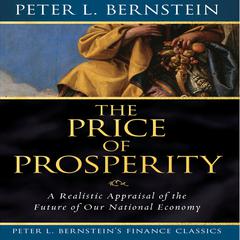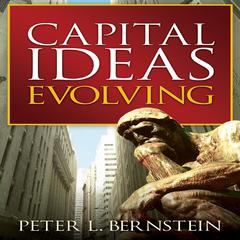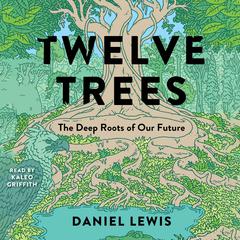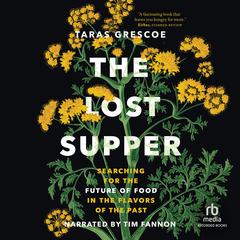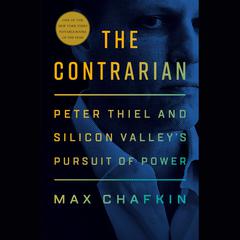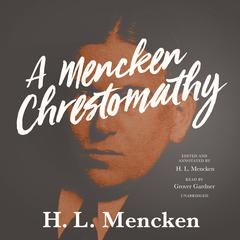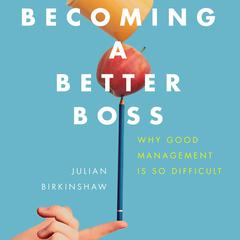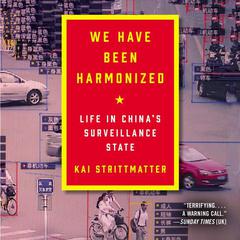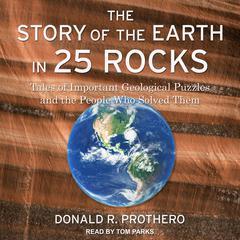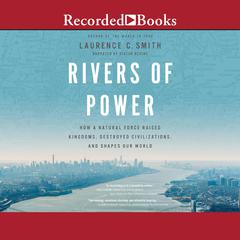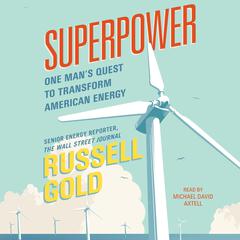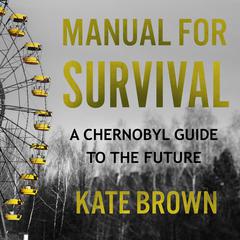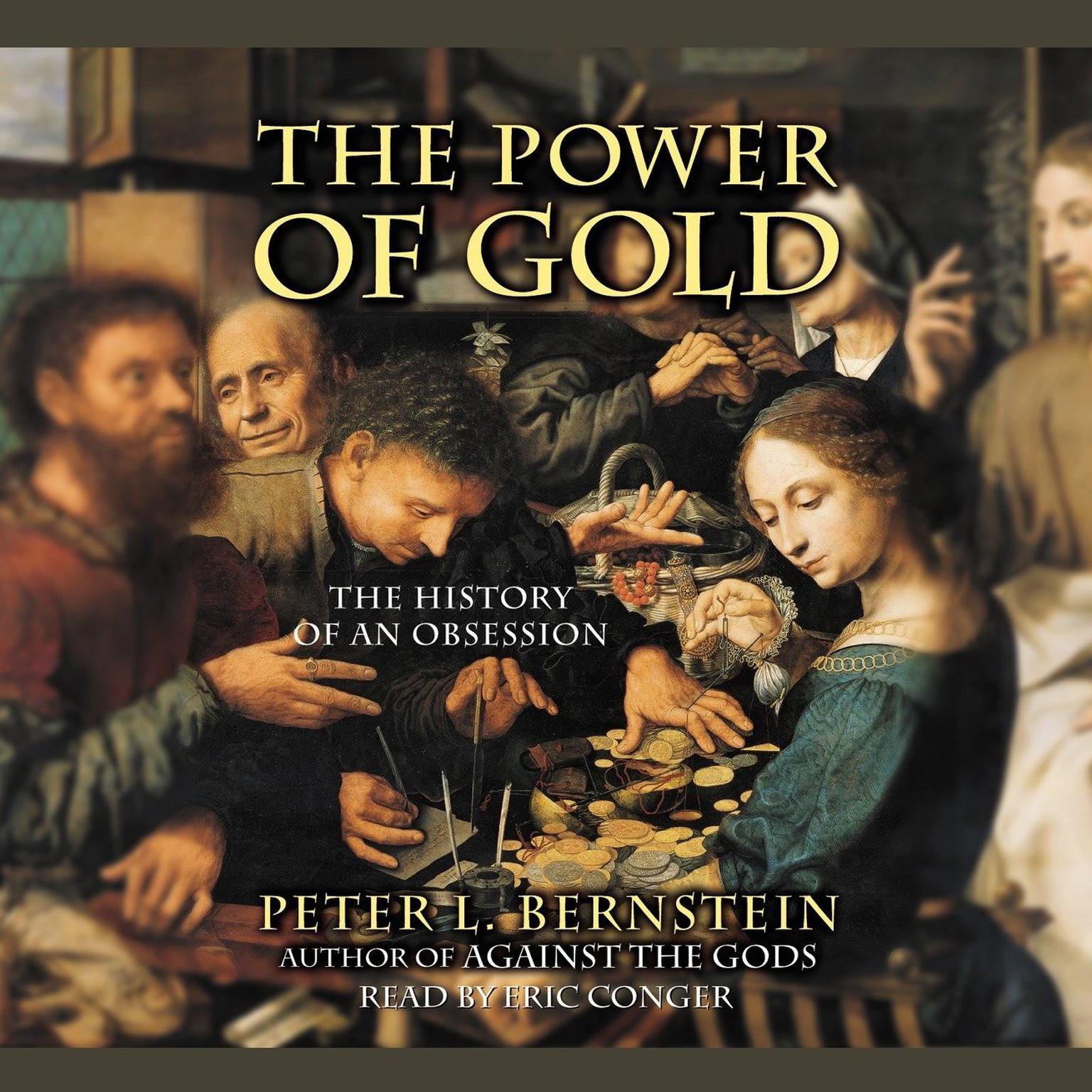 Play Audiobook Sample
Play Audiobook Sample
The Power of Gold (Abridged): The History of an Obsession Audiobook
 Play Audiobook Sample
Play Audiobook Sample
Quick Stats About this Audiobook
Total Audiobook Chapters:
Longest Chapter Length:
Shortest Chapter Length:
Average Chapter Length:
Audiobooks by this Author:
Publisher Description
Over the centuries, gold had stirred the passions for power and glory, for beauty and security, and even for immortality. No other object has commanded so much veneration over such a long period of time. The most striking feature of this long history is that gold led most of the protagonists in the drama into the ditch. Gold had them, rather than the other way around. Power and passion begin with the magical, religious, and artistic qualities of gold. As the story progresses from primitive uses to the invention of coinage and the transformation of gold into money and the gold standard, gold speaks more loudly of power as it acquires increasing importance as money. Ultimately, the book confronts the future of gold, in a world where gold has been relegated to the periphery of global finance. Along the way, we meet Moses and Midas, Croesus and Crassus, Byzantine emperors and humble miners, unscrupulous moneyers and ransomed kings, Francisco Pizzaro and Benvenuto Cellini, Charlemange and Charles de Gaulle, Richard I and Richard Nixon, Asian monarchs and Arab potentates, Isaac Newton and Winston Churchill, David Ricardo and John Maynard Keynes, and the Forty-Niners and the speculators who pushed gold to $850 an ounce in 1980. It has been an icon for greed and an emblem of rectitude, as well as a vehicle for vanity and a badge of power that has shaped the destiny of humanity through the ages. In the end, this story is a morality tale. The pursuit of eternity will not be satisfied by gold, or by anything else we choose to rpelace gold. Gold as an end in itself is meaningless. Hoarding does not create wealth. Gold makes sense only as a means to an end; to beautify, to adorn, to exchange for what we want and need.
Download and start listening now!
"this is the first of the economic histories I ever read. It started my love of a new subset of books. The Erie Canal was an enormous undertaking and a had a huge impact on the settling of the middle United States. I think about this book often. "
— Nancy (4 out of 5 stars)
The Power of Gold Listener Reviews
-
" This has more economics in it than the title suggests, which was a good thing, for me. "
— Coinboy, 12/24/2013 -
" How can cod be turned into an interesting book, and yet gold (used in craft and technology for thousands of years) can be made to be so unbelievably dull. "
— Benedict, 12/13/2013 -
" Great book. Amazing overview on the history of capitalism and finance and how it ties together with global politics and evolution of civilization "
— Jinzhu84, 3/20/2013 -
" A good history of gold and our obsession for this. "
— David, 1/26/2013 -
" Fascinating historical overview. "
— John, 8/30/2012 -
" A classic, goes far beyond just the yellow metal and into what money is and how it has evolved. Provides a lot of food for thought. "
— Marc, 6/8/2012 -
" Sweet book on the history of not only gold but money and the representation of value. This is one awesome economic history lesson (and one I gladly came across) "
— Ming, 4/9/2012 -
" works well in juxtaposition with David Graeber's "Toward an Anthropological Theory of Value: The False Coin of Our Dreams", and especially his latest "Debt: The First 5,000 Years" "
— Jan, 7/8/2011 -
" Generally unsatisfactory. The perspective changed in midstream to anti-gold dogma, which would be acceptable if the question of what happens to an economy when governments act irresponsibly. "
— David, 5/20/2011 -
" The subject was very interesting to me, but the narrative is bloated and repetitive and the cheerleading tone makes it hard to take seriously. But that's just the genre of popular history. "
— Tom, 9/15/2010 -
" When I was growing up in Buffalo, I heard about the Erie Canal but never saw it, and until I read this book, never imagined all the difficulties that preceded its construction as well as all the construction difficulties. <br/> "
— Ruth, 9/3/2010 -
" Enjoyable book about the conception, building, & economic consequences of this early 19th century public work. More on the conception, politics, and economics than on the engineering <br/> "
— Converse, 3/31/2010 -
" Detailed, but fast moving and rather intriguing account of NY State's development via the canal almost from the time of the victory over England. "
— Mark, 4/14/2009 -
" if only they knew the train was coming. "
— Chadfogg, 8/8/2008 -
" This is the start of the industrial development of america... nuff said. entertaining writing about a fairly obtuse subject. "
— John, 7/20/2008 -
" really really capitalist. a good encapsulation of the typical "history-book history" version of the erie canal. also a great eye for fun detail, and lots of local history. but also a bit hard to stomach at times. progress is not necessarily progress! "
— jessicamax, 6/28/2008 -
" An interesting book. It wasn't at all what I expected: It was less a history of the canal than a history of the financing/lobbying for a canal. "
— Jim, 2/23/2008
About Peter L. Bernstein
Peter L. Bernstein, one of the foremost financial writers of his generation, is the author of the bestseller Against the Gods: The Remarkable Story of Risk and The Power of Gold: The History of an Obsession. He is president of Peter L. Bernstein, Inc., an investment consulting firm he founded in 1973. He is also the founding editor of the Journal of Investment Management and lectures widely throughout the United States and abroad.
About Eric Conger
Eric Conger is a stage actor, voice artist, and award-winning audiobook narrator. He has narrated more than 125 fiction and nonfiction audiobooks and was a four-time finalist for the Audie Award, both as a sole narrator in 2007 and 2008 and as part of a multicast reading in 2001 and 2012. He has earned numerous AudioFile Earphones Awards. His extensive voice-over work includes more than 5,000 narrations for commercial ventures. A graduate of Wesleyan University and the University of Paris, he also works as a writer and playwright. He has appeared in over fifty plays and has also translated plays of Molière and Feydeau for regional theaters.




